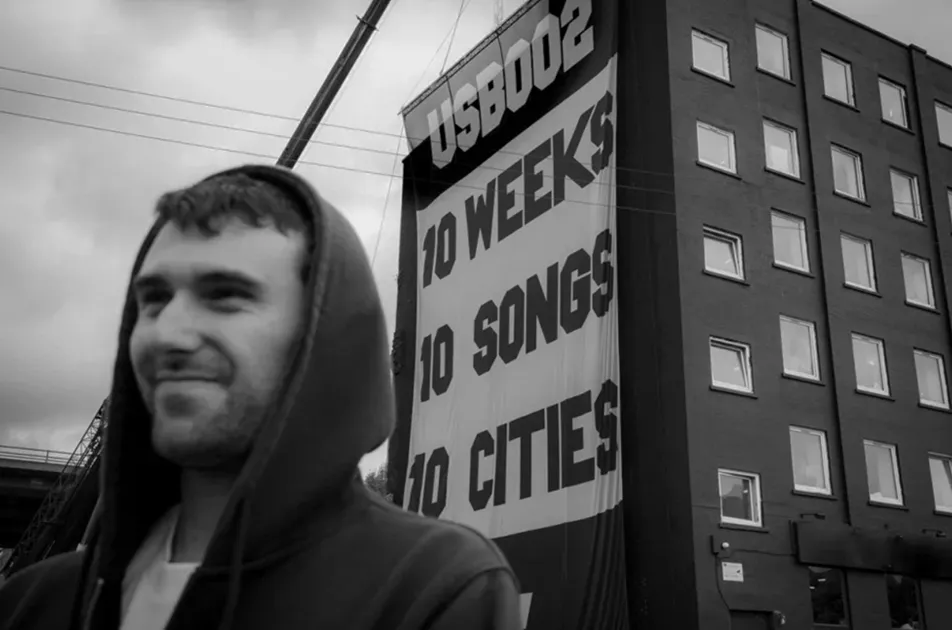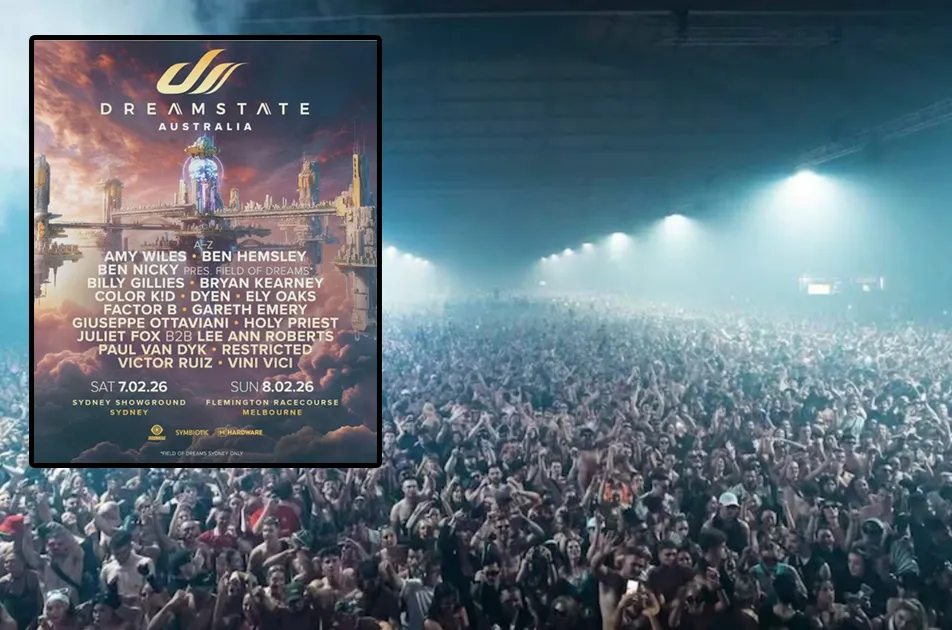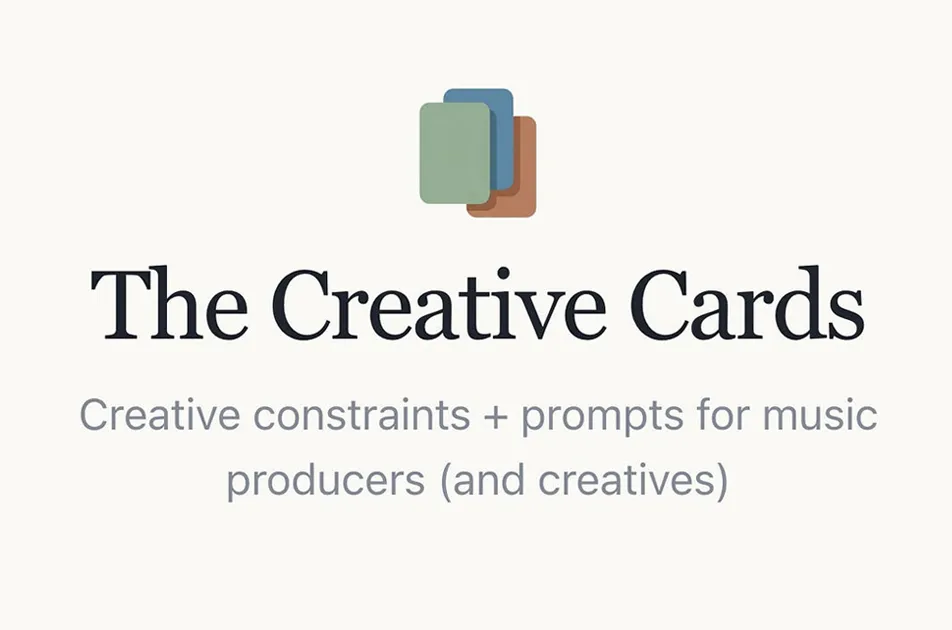
The Future of Music Production Is Human: 1,100 Producers Weigh In on AI
A new survey of 1100 musicians and producers revealed some surprising insights on what they really think of AI and how they are using it.

A new survey of 1100 musicians and producers revealed some surprising insights on what they really think of AI and how they are using it.

Whether on the stage or behind the scenes, the history and future of live music is being shaped by a strong female presence, even if credit doesn't always get issued to such figures.

When Aaron Skipper set out to design the launch execution for Fred again..'s highly anticipated USB-002 tour, upholding a "language of togetherness" for fans to buy in on, was no less than crucial.

Following a tragic episode at Sydney's Dreamstate Festival on Feb. 7 that left one attendee dead and six hospitalized, here are case studies in overdose prevention that have led to reduction.

Launced this week, a new free tool called The Creative Cards takes Brian Eno's Oblique Strategies concept for promoting creativity and brings it forward, for musicians specifically.